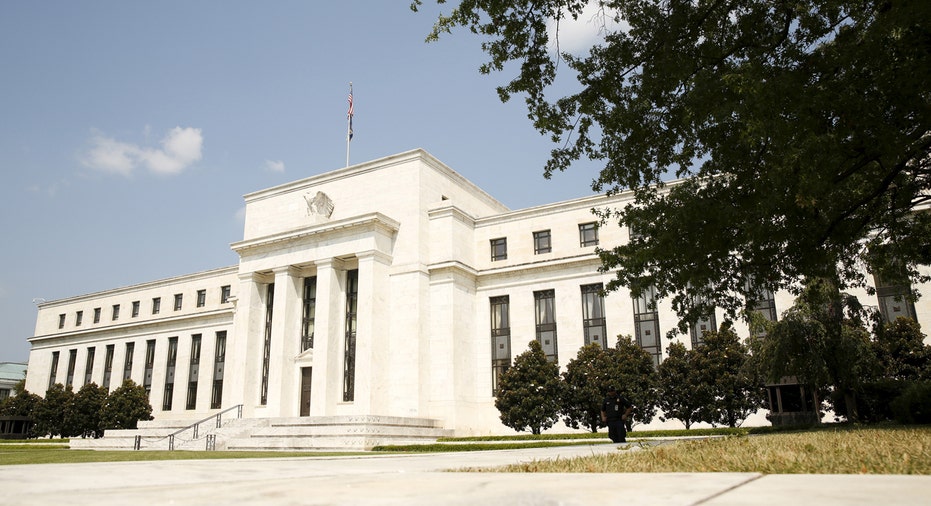Fed's Evans In No Hurry to Raise Rates

Chicago Federal Reserve President Charles Evans said Friday he believes the central bank should hold off on raising interest rates until there is more evidence inflation is rising toward the Fed’s target.
Fed officials have said they will raise interest rates when they are confident inflation is headed toward 2%.
Evans, in prepared remarks during a speech in Milwaukee, said, “Before raising rates, I would like to have more confidence than I do today that inflation is indeed beginning to head higher. Given the current low level of core inflation, some evidence of true upward momentum in actual inflation is critical to this assessment.”
Evans is recognized as a dove, or one of a group of Fed members who believes the Fed should be extremely cautious about raising rates for the first time in near a decade. The Fed has held short-term rates at near-zero since December 2008 in an effort to spur economic activity by lowering the cost of borrowing.
The policy-setting Federal Open Market Committee voted last month to delay raising rates primarily because of concerns that overseas growth was weakening, an unexpected wrinkle that roiled global markets throughout the summer.
Prior to the emergence of those concerns it was widely believed that the Fed would start raising rates at their September meeting. Despite stubbornly low inflation caused by years of weak wage growth in the U.S., most Fed policy makers said they were confident inflation was heading higher and that it would reach the Fed’s target of 2% in the next year or so.
Evans suggested Friday that he is skeptical of that optimism.
In addition, he said raising rates prematurely could create a situation in which the Fed would have to lower rates again if the central bank is found to have “misjudged the strength of the economy or the upward tilt in inflation.”
“In order to put the economy back on track, we would have to cut interest rates back to zero and possibly even resort to unconventional policy tools, such as more quantitative easing,” Evans said. “I think quantitative easing has been effective, but it clearly is a second-best alternative to traditional policy. This scenario is not merely hypothetical.”



















